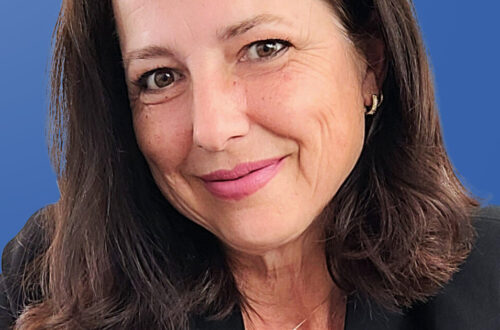Sadly, it seems that in addition to spring, summer, fall and winter, BC now has a fifth season: wildfire season. What’s worse is that this year the wildfire season has gotten off to an early start, making it more important than ever for REALTORS® to help clients manage wildfire risks. While there are some things homeowners can do to make their properties more wildfire-resilient (check out the province’s FireSmartTM website), it largely comes down to homeowner insurance. Here are five insurance tips for buying and selling during wildfire season.
1. Know the 50km radius rule.
During wildfire season, most insurance providers won’t bind insurance policies on properties within a certain radius – typically 50km – of an active and uncontained wildfire. However, there are a few that will consider insuring a home with a wildfire more than 25km away but less than 50k on a case-by-case basis. For example, if there is a fire that is considered to be under control within a 50km radius (shown as green on the BC Wildfire Dashboard), an insurer may be willing to bind a policy.
2. Consider wildfire risks when drafting a contract.
Buyers can help mitigate some of the risks of buying a home in wildfire season by including a “subject to insurance” clause in their offer. If the buyer can’t secure insurance by the completion date, the mortgage company may not fund the mortgage, which could lead to the buyer not being able to complete, based on the terms of the contract. As always, advise clients to seek legal advice regarding the addition of clauses to the Contract of Purchase and Sale.
Another way to help mitigate wildfire risks from the get-go is by asking for a long completion. For example, a buyer could ask for a fall completion or at another time when wildfire activity has decreased.
3. Get a “binder” from an insurance provider, not just a quote.
There’s a big difference between getting a quote from an insurance provider and an insurer “binding” a policy. A quote just summarizes the coverages being offered and the annual premium (price). When an insurance provider binds an insurance policy, it means they’ve issued the policy and coverage will come into effect on the agreed-upon date. Buyers should request that the insurer binds the policy to align with the closing date so that coverage is active when the sale has been completed. However, if the closing date changes, a bound offer won’t become valid until the buyer becomes the owner and the buyer should notify the insurer to change the effective date.
Once a policy has been bound, the insurer is generally bound to honour the policy (assuming there is no misrepresentation on the buyer’s part), even if a fire were to ignite that is a potential threat to the home or a pre-existing wildfire were to spread.
4. Buyers: secure insurance as early as possible!
Since buyers are likely to find it more difficult to secure insurance during wildfire season, it’s important that they begin shopping around as early as possible. Delays in securing insurance can hold up the sale process and even cause a deal to collapse if a buyer’s financing depends on securing insurance. And, as per tip 3, don’t forget the importance of getting a binding offer and not just a quote for a policy!
5. Get legal advice.
In situations where buyers and sellers are in a legally binding contract and are facing the potential of a sale not completing or requiring extensions, they should be advised to seek legal advice as soon as possible. Remember, changing dates on a contract effectively reopens the contract. Obtaining legal advice will help ensure buyers and sellers are aware of their rights and obligations.
For more information on helping clients manage wildfire risks, go to:
- FireSmart BC
- Information Regarding BC Wildfires | BCFSA
- BC Wildfire Service (gov.bc.ca)
- Wildfires (ibc.ca)
ALL INFORMATION ABOVE FROM https://www.bcrea.bc.ca/practice-tips/five-insurance-tips-for-wildfire-season/
Posted by
Ivonne García
Editorial and Content Specialist



